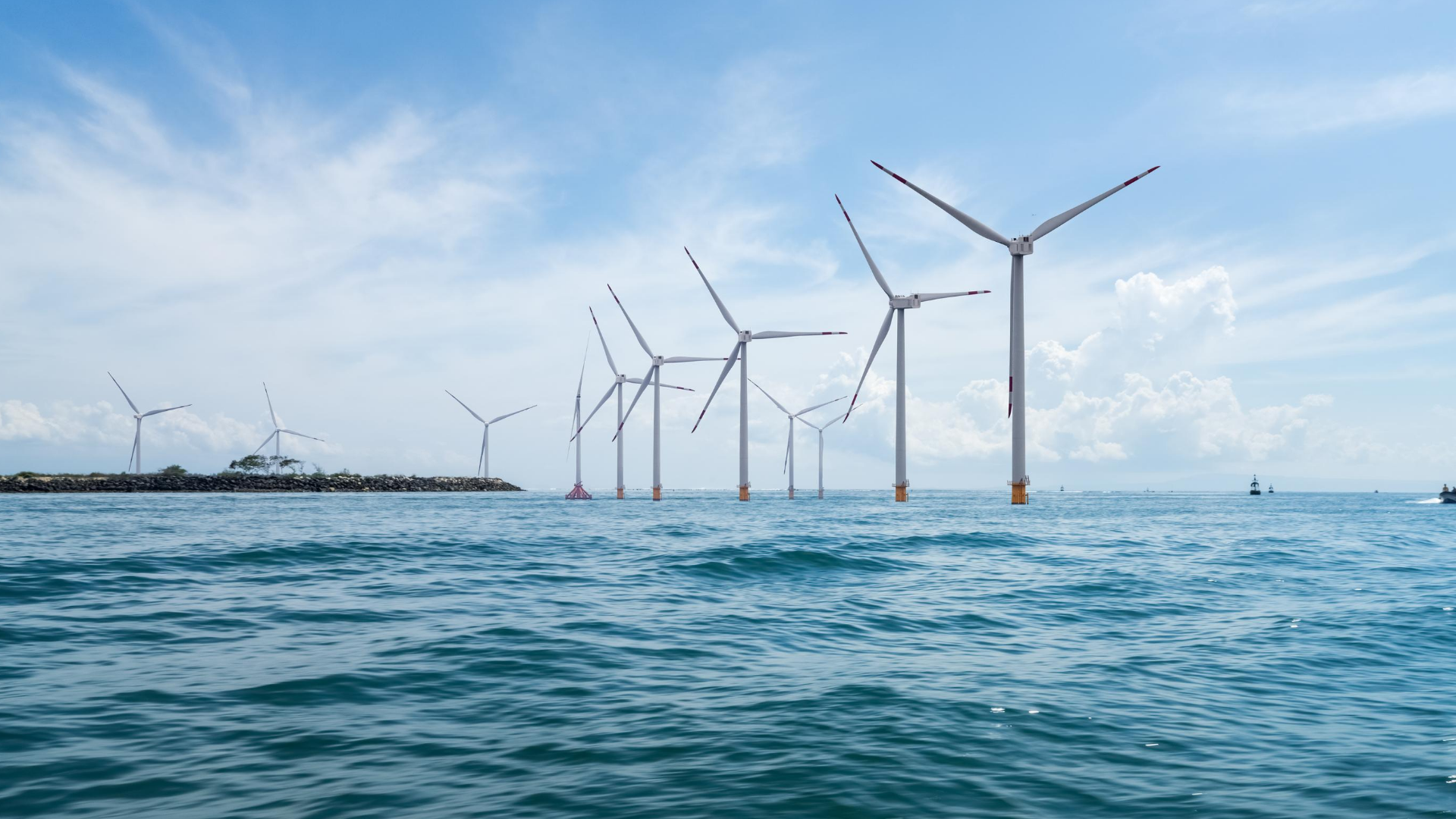Academics at the Energy & Climate Intelligence Unit say the 90TWh of electricity generated in 2023 by Britain’s wind, solar and hydro sectors alone exceeded power demand from the country’s 28 million homes.
Generating the same amount of electricity instead from gas-fired stations would have required over 180TWh of gas, the ECIU found. That amount could heat as many as 15.5 million UK homes.
Renewable generation increased in each quarter of 2023, the ECIU researchers found, compared to 2019, their pre-Covid baseline. Output rose by around a quarter and a fifth respectively in last year’s first and final quarters.
Using gas power plants instead to meet such generation levels would have required around 120TWh more gas, equivalent to almost 10 million homes’ annual gas demand, or equal to the contents of around 140 LNG tanker ships, says the ECIU.
Gas-fired electricity fell by up to 30% in each quarter of the year, compared to equivalents in the 2019 baseline.
“Every turn of an offshore wind turbine’s blades reduces our dependence on gas“, declared Jess Ralston, the ECIU’s head of energy.
“As the North Sea continues its inevitable decline, we’ll need to import ever greater quantities of gas, undermining our energy independence.
“The choice for the UK is stark. Boost British renewables or import more gas at a price we cannot control”.
Britain has the highest gas dependency of any European country the ECIU repeats in its latest Power Tracker analysis. Forty per cent of our power and 85% of our home heating come from the high carbon source.
Nuclear, biomass and other networked sources such as low-carbon CHP contributed around posted falls over 2023 registering a combined 60TWh.
Several big wind farms stand in developers’ pipelines. Last month alone, Orsted announced investment approval for its 2.9GWp Hornsea Three project.
The Danes’ confirmation lifted gloom after the government failed in September to secure any new bids for offshore wind in its latest Contracts for Difference auction.
By belatedly unfreezing the CfDs’ administrative strike price for the latest bidding round later this year, civil servants have sparked hopes of a recovery in new turbines at sea.
The ECIU’s report note concerns too about grid infrastructure and the need for connection grants to keep pace with the rate of renewables buildout. Ofgem and the National Grid Future System Operator have committed to accelerating the process for grid connections. Both the Conservatives and Labour parties have made faster grid connection a priority ahead of the General Election anticipated this year.
The British researchers cite the International Monetary Fund as their authority that the nation’s gas dependency, combined with Britain possessing western Europe’s most energy wasteful housing stock, has left UK households worst hit across the continent by rising energy costs.
The report came as multinational energy company RWE confirmed that it will acquire a UK-based offshore wind portfolio totalling 4.2GW.
RWE will secure the projects for £963 million from Vattenfall, subject to approval by the Crown Estate and regulatory approvals.




